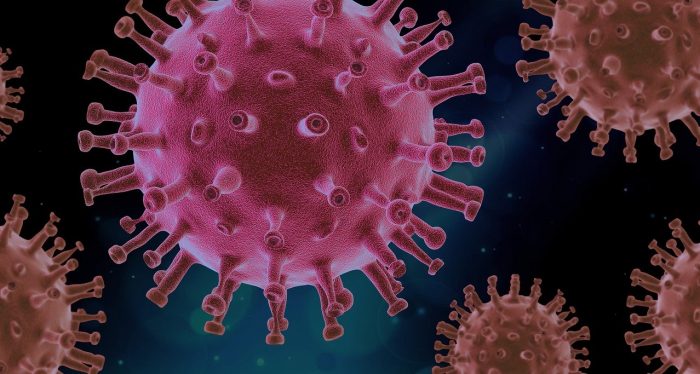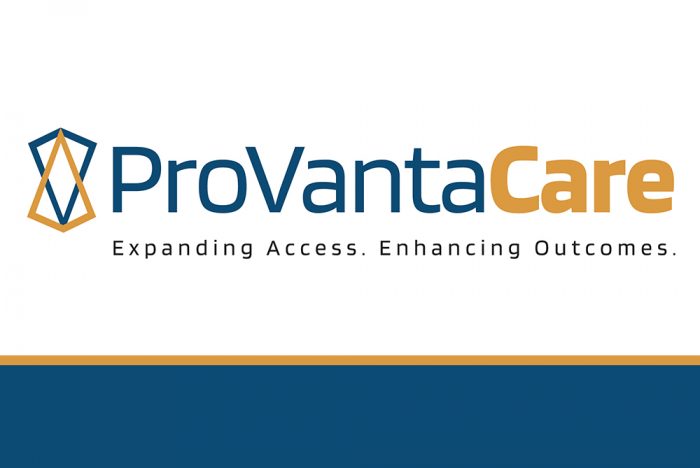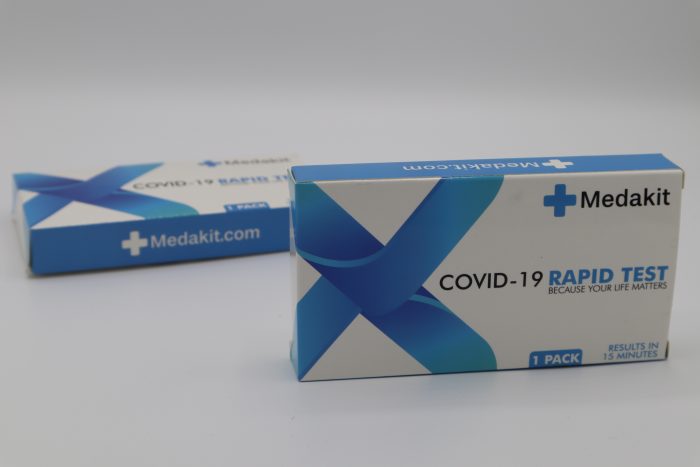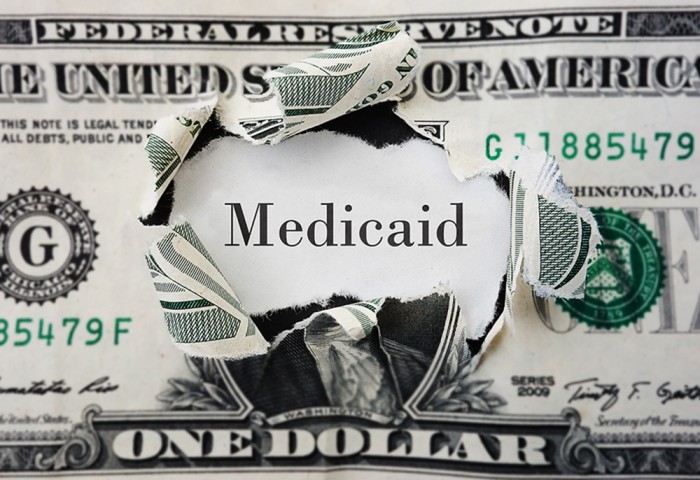The Office of Long-Term Living (OLTL) shared information about a new program administered by the Pennsylvania Higher Education Assistance Agency (PHEAA) as a resource for those who may benefit. This initiative, called the Student Loan Relief for Nurses (SLRN) Program, will benefit nurses who have worked and continue to work to fight the COVID-19 pandemic.
Individuals eligible to participate in the SLRN Program are residents of the commonwealth and licensed by the PA Department of State to work as an eligible nurse at a qualified nursing facility within the commonwealth during the COVID-19 pandemic. More information about the SLRN Program is available on the PHEAA website.


















